
1941. Bonus episode: The Indicator plays... movie business trivia!
The post features a trivia game where participants guess movies based on cryptic descriptions related to the film industry.
your daily dose of economic commentary

The post features a trivia game where participants guess movies based on cryptic descriptions related to the film industry.
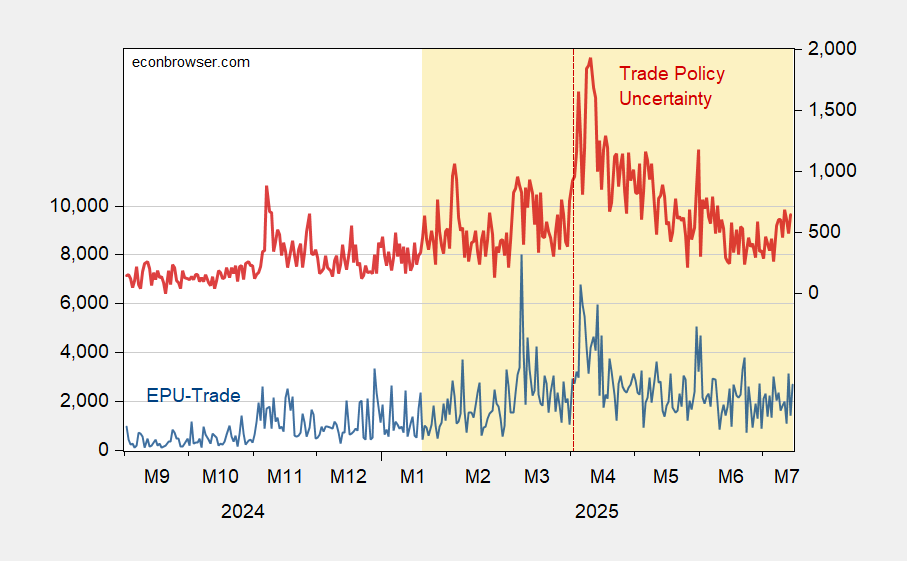
Menzie Chinn examines the relationship between economic policy uncertainty and economic uncertainty, analyzing various indices and their implications for the business cycle.
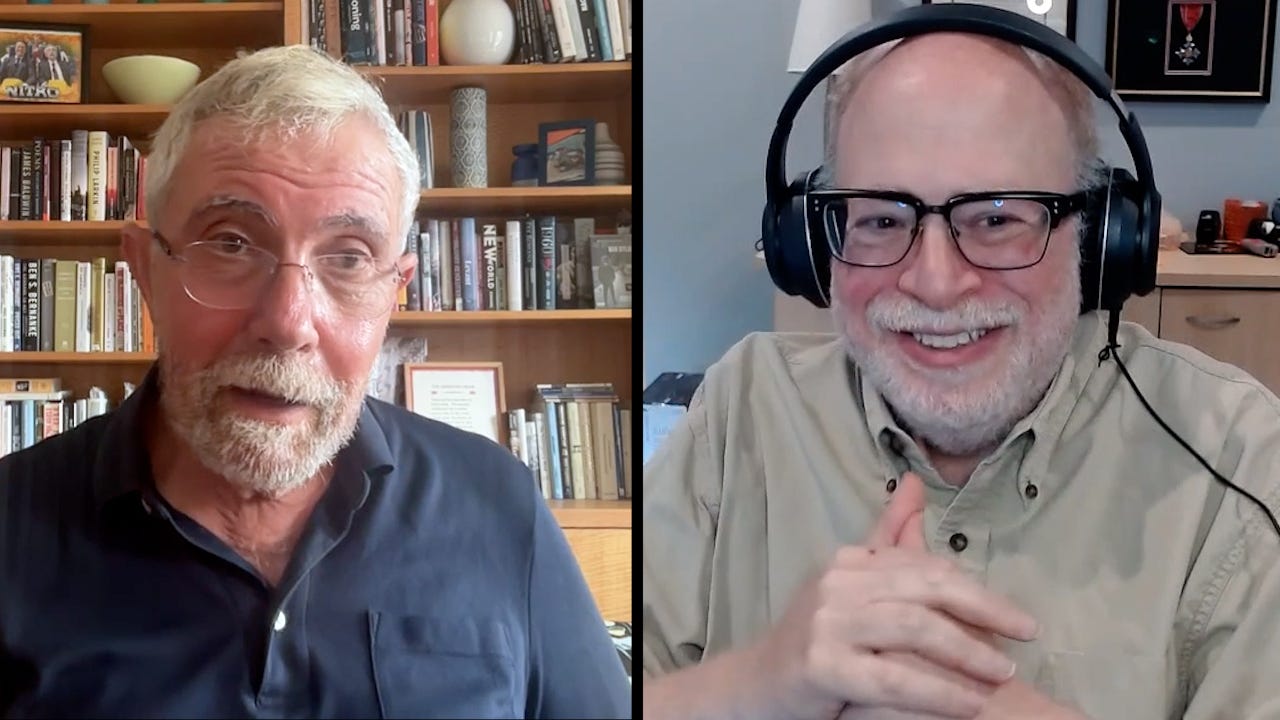
Paul Krugman discusses economic insights with Adam Posen, focusing on the current U.S. economy, the Federal Reserve's role, and the impact of political factors on economic conditions.

The post outlines the key economic reports and events scheduled for the week, focusing on housing sales, manufacturing surveys, and unemployment claims.

Rafael Nam discusses the passage of significant crypto legislation in the U.S. and the industry's momentum with President Trump's backing.

Marielle Segarra discusses how to make mindful purchasing decisions by evaluating personal wants versus needs.
Timothy Taylor explores the implications of the US dollar's status as the global reserve currency, discussing its benefits and costs to the US economy.

Jadrian Wooten shares insights from a month-long experiment to grow his newsletter, detailing successes, failures, and future strategies for engagement and collaboration.

The post explores the significance of manufacturing in the U.S. economy, the challenges of filling manufacturing jobs, and its potential impact on the middle class.

Danielle Kurtzleben discusses President Trump's exploration of new sectoral tariffs affecting various sectors of the American economy.
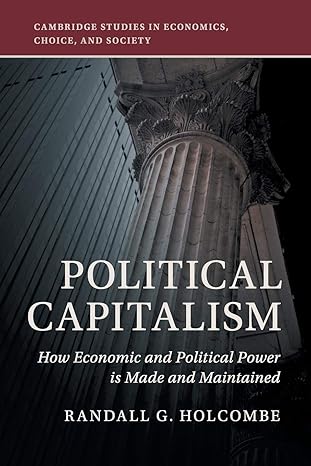
Max Molden discusses the importance of systems thinking in economics and critiques economists for focusing too narrowly on isolated issues rather than understanding broader economic systems.
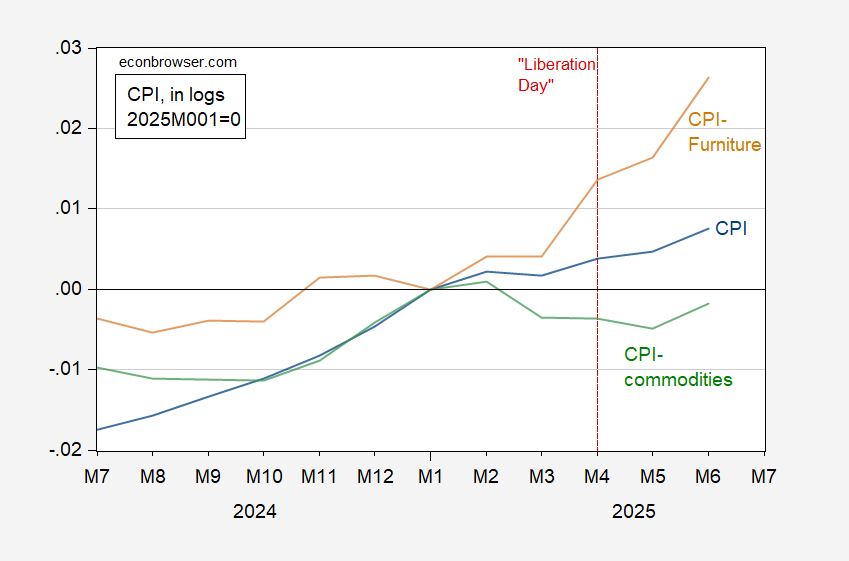
An argument that rising prices of tariffed goods and domestic competitors are linked, highlighting the impact of tariffs on consumer costs.

An argument that people selectively recognize coincidences, leading to misconceptions about the likelihood of certain events, illustrated through examples from card games.
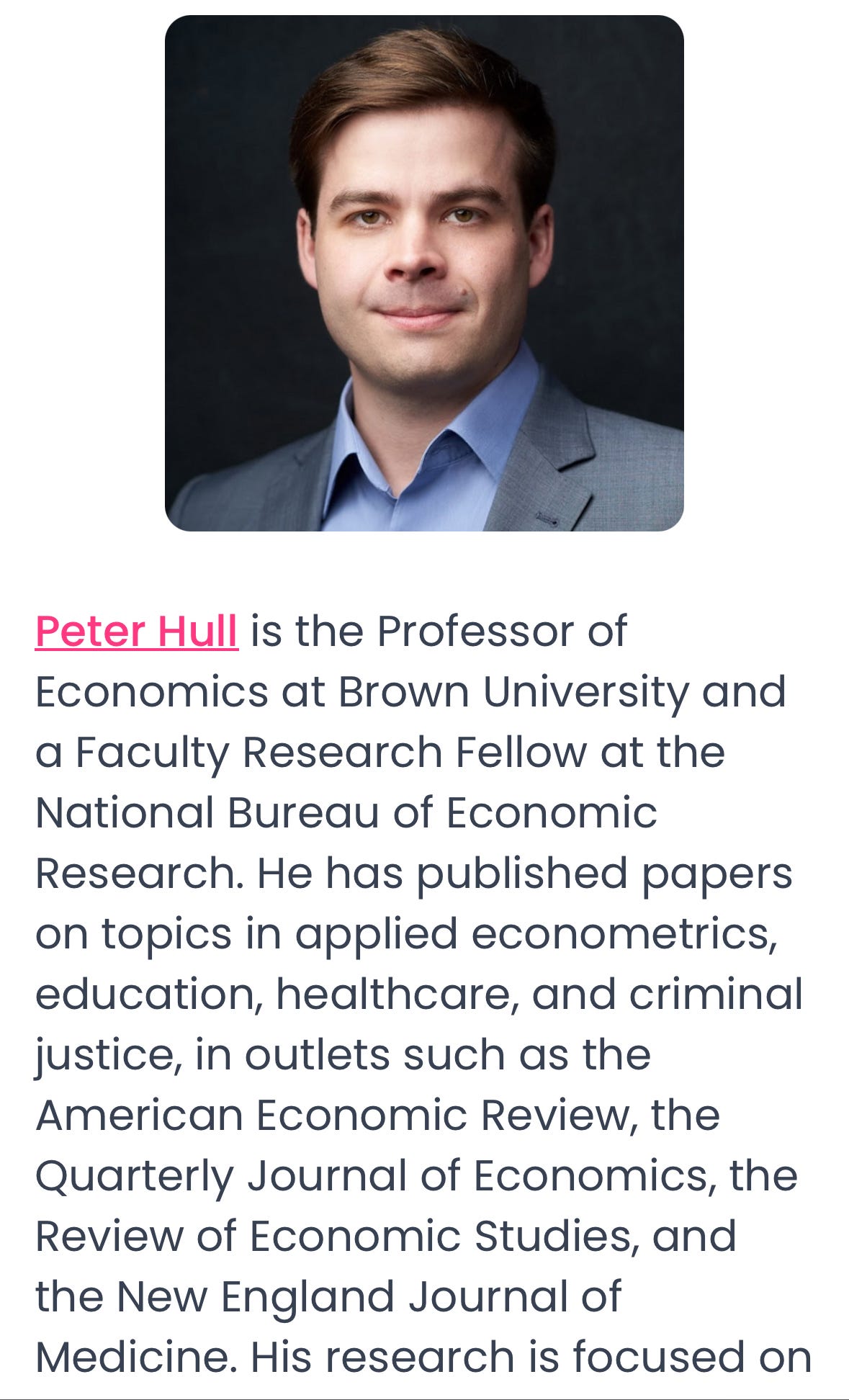
The post highlights two upcoming workshops focused on econometric methods, particularly shift-share IV, emphasizing their accessibility and relevance for various economic fields.
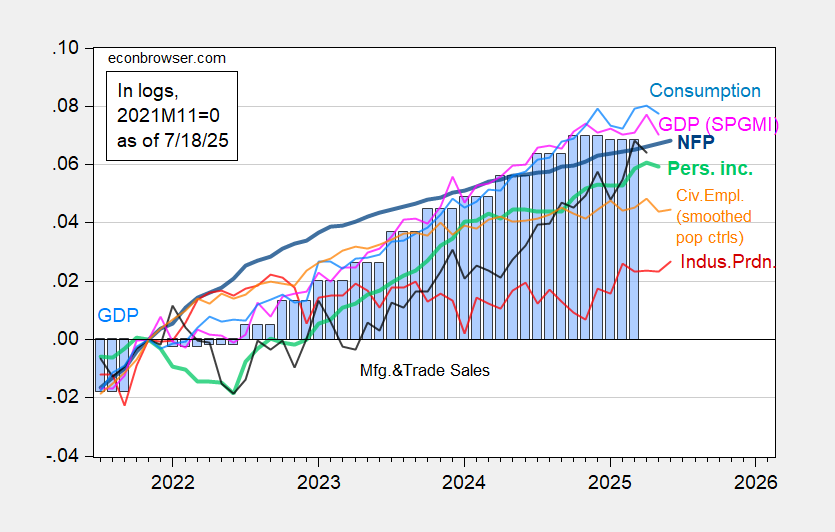
Menzie Chinn discusses various business cycle indicators, highlighting trends in industrial production, manufacturing, and retail sales over recent months.
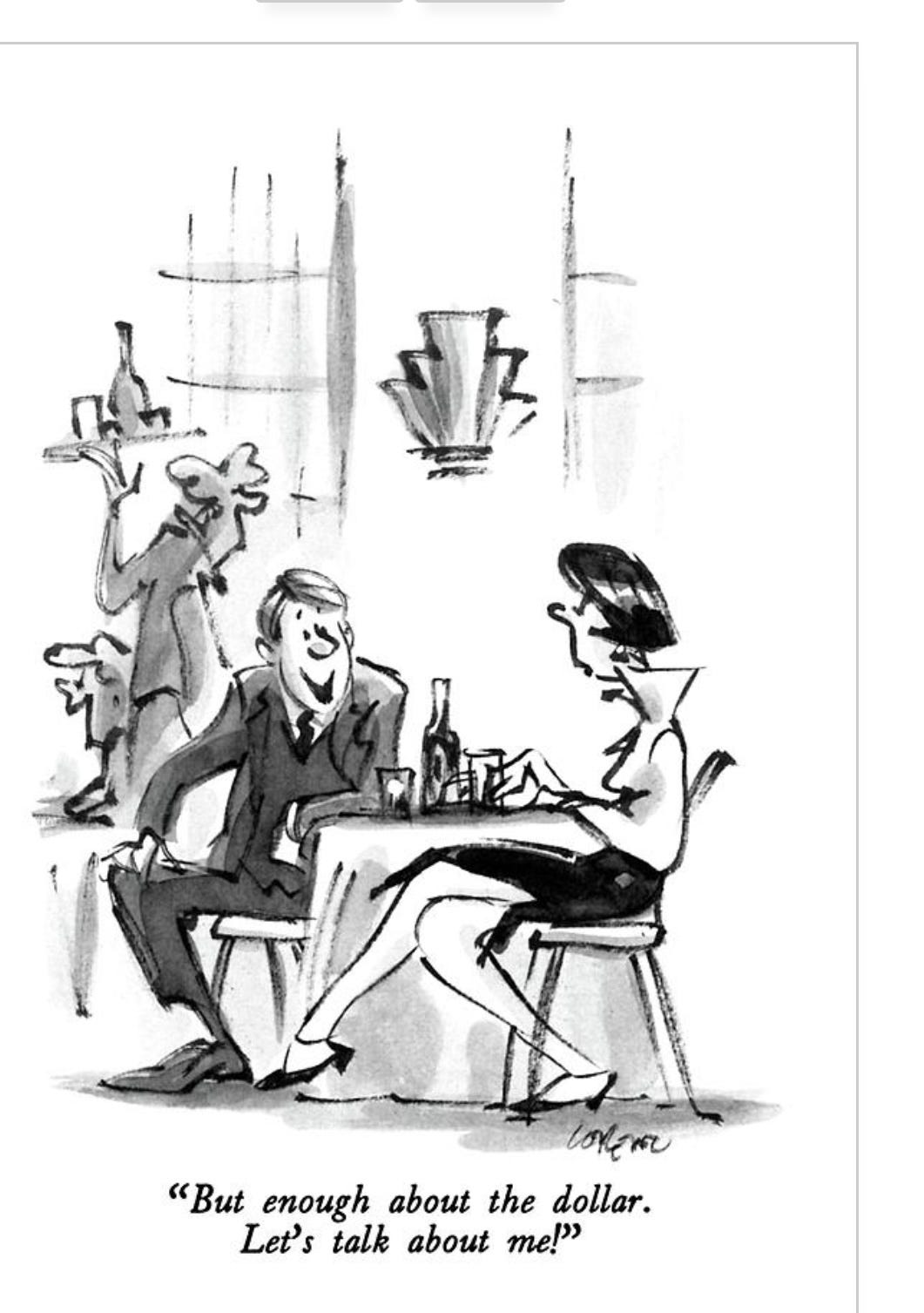
An argument that discusses the author's experiences with subscription models, the significance of inequality, and the impact of recent global economic shifts on society.

Noah Smith discusses bad policy implications, particularly focusing on immigration and public opinion trends regarding deportation and attitudes towards Trump’s policies.

An argument that explores the impact of technical progress and market power on the recurrence of truncation in production processes across industries.

The post discusses June's housing starts data, highlighting increases in total starts and building permits while noting declines in single-family starts compared to previous months and years.

The post discusses the decline of bipartisan support for public media during the Trump administration, highlighting the challenges faced by public broadcasting due to potential funding cuts.